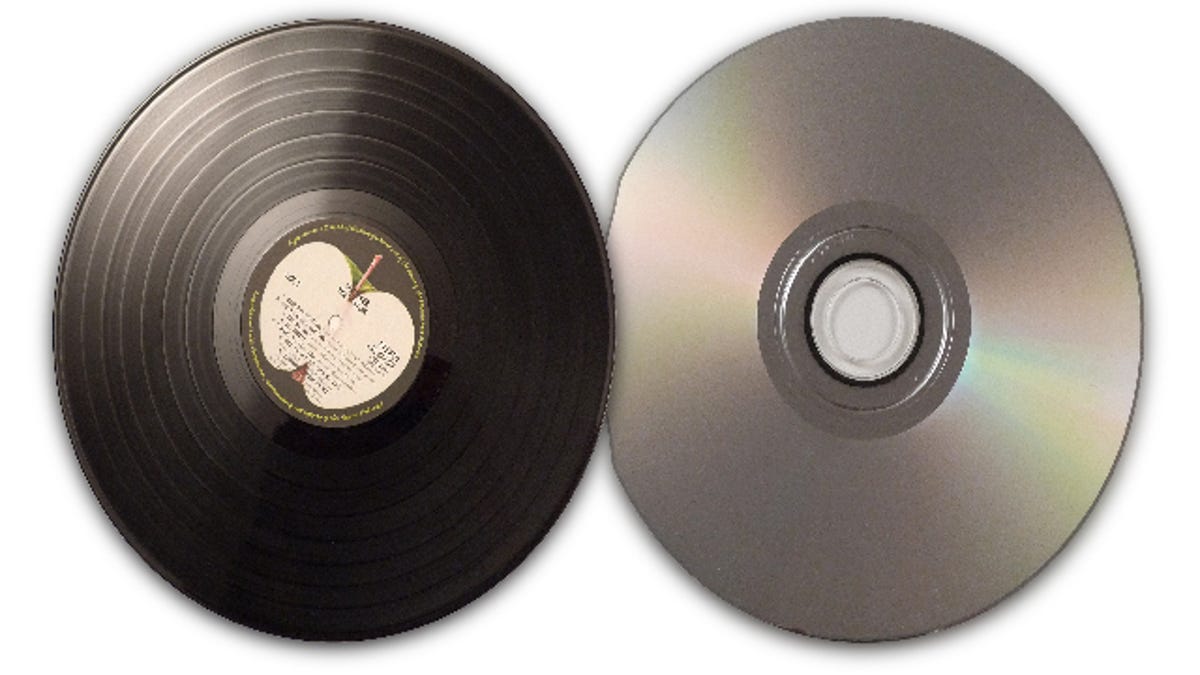They should stop making CDs
Thanks to streaming services and file sharing, there's little incentive to purchase music anymore, but when the record companies cease full-scale CD production, people will treasure CDs again.

Thanks to streaming services and file sharing, there's little incentive to purchase music anymore. Everybody knows CD sales have been falling for years, but as soon as the record labels stop making CDs, their value will skyrocket.
Sure, there's still a sizable market for CDs, but if sales continue to decline I think the labels should offer a very limited run of each CD title on its original release, say a few thousand discs, with beautifully printed booklets and packaging, and auction them on eBay. When they're gone, they're gone. Prices would go through the roof, because while it's easy to get music for free, the physical product's value has nowhere to go but up.
You can't download vinyl, which may be the real reason record companies are still making LPs. If you want vinyl, you pay for it; there's no other way, short of shoplifting, to get new vinyl for free.
Of course it would be great if the labels offered high-resolution downloads of every title in their catalog, and I hope that happens sooner than later. But most people are perfectly happy listening to the lowest-fi, streaming tunes on their phones. I get it; if music is so widely available for free, why pay for it?
Taking a step back and looking for a more long-term view the question is raised: Since paying for music is more or less voluntary, why would bands keep making new music? Somebody, the record company or the musicians, is spending money to make recordings, so it's never free for them. Even if they continue, recording budgets will have to be downsized to reflect the realities of the market.
I regularly read David Harrell's blog, Digital Audio Insider, to learn more about the economics of the music business. I spoke with Harrell to discuss the ever-shrinking revenue opportunities for young musicians, and how that will change music. He was nowhere as down on the future of music as I am. He thinks most musicians are focused on getting more people to hear their music; compensation is a secondary concern. His band, The Layaways, has music on streaming services like Spotify, but the number of plays required to generate as much income from one iTunes song might range from 70 to 1 or even 200 to 1! That's a fraction of a penny per play. Harrell estimates that even on a tight budget recording an album in a studio and having it professionally mastered will run between $5,000 and $10,000.
Harrell pointed out there's very little difference between listening to an iTunes file or streaming the same song on Spotify. Neither is the same as buying a CD or LP you can hold in your hands. If you can't touch it, is it real? Most people no longer pay for music, but Harrell thinks a lot of bands will continue to have a subset of fans that want to own physical product. He also expressed the hope that younger listeners who currently pay nothing for music will start to use legitimate streaming services and generate at least some income for the artists. We'll see.

